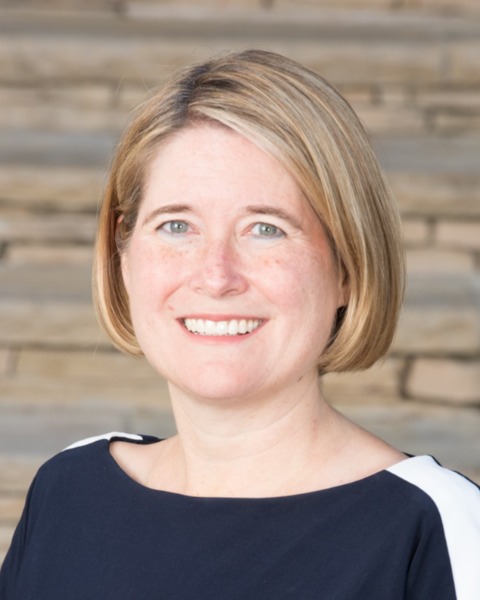General Pediatrics
Leadership and Business Training
Medical Education
Wellness and Well-being
Trainee Track
Diversity, Equity, and Inclusion
Developing Team Resilience in Our Academic Communities
-
LL
Lawrence Loo, MD
Loma Linda University School of Medicine
Loma Linda, California, United States -

Caroline Paul, MD (she/her/hers)
Associate Professor
Pediatrics
NYU Grossman School of Medicine
New York City, New York, United States -

John Frohna, MD, MPH (he/him/his)
Chair, Department of Pediatrics
West Virginia University-Charleston Division
Charleston, West Virginia, United States -
.jpg)
Morgan Green, MD
Director of Interprofessional Education; LLUSOM
Loma Linda University, California, United States -
CV
Chad Vercio, MD
Associate Professor
Pediatrics
Loma Linda University School of Medicine
Redlands, California, United States -

Rebecca Blankenburg, MD, MPH (she/her/hers)
Clinical Professor, Assistant Dean of GME, and Associate Chair of Education, Pediatrics
Pediatrics
Stanford University School of Medicine
Palo Alto, California, United States
Co-Leader(s)
Leader(s)
Co-Leader(s)
Workshop
Description: On May 23, 2022, the Surgeon General of the United States issued an advisory declaring that the healthcare worker burnout and well-being crisis was a national priority. He called the nation to take specific actions to improve health systems and training institutions. (NEJM 2022;387:577-8)
The National Academy of Medicine’s 2019 seminal report “Taking Action Against Clinician Burnout: A Systems Approach to Professional Well-Being” frames the conversation using a job-demands, job-resources model to advocate for a systems responses to physician burnout. This raises a challenge for institutions in trying to find ways to address the systems issues which can increase burnout. For trainees it is important as resident physicians who are burned out have an increased risk of explicit and implicit biases against under-represented patients in Medicine.
Organizational resilience offers an additional useful framework to understand the factors which could influence burnout across an organization as well as methods to mitigate what some have titled “burnout contagion.” A pandemic is an especially unique time and Powell’s three pillars of activating organizational resilience offer an understanding of the potential in this setting. We will also review the relationship between organizational and individual resilience and where they connect referencing Peter Block’s writing about community and belonging.
Participants will use this information to assess factors which could limit their organization’s resilience and develop a plan to positively impact this. They will develop an outline of steps to activate their organization’s resilience and the areas it connects to each individual within the organization.
Learning Objectives:
- Describe three common frameworks often used to frame the discussion about burnout
- Identify links between organizational and individual resilience
- Develop a plan to improve organizational and individual resilience at their institution
